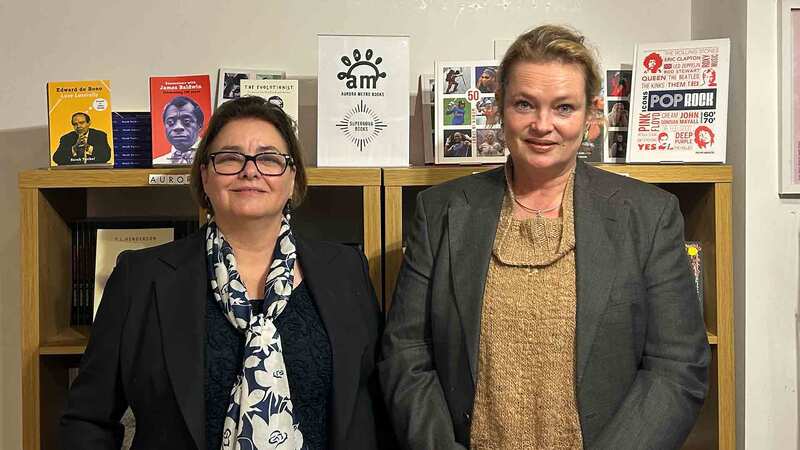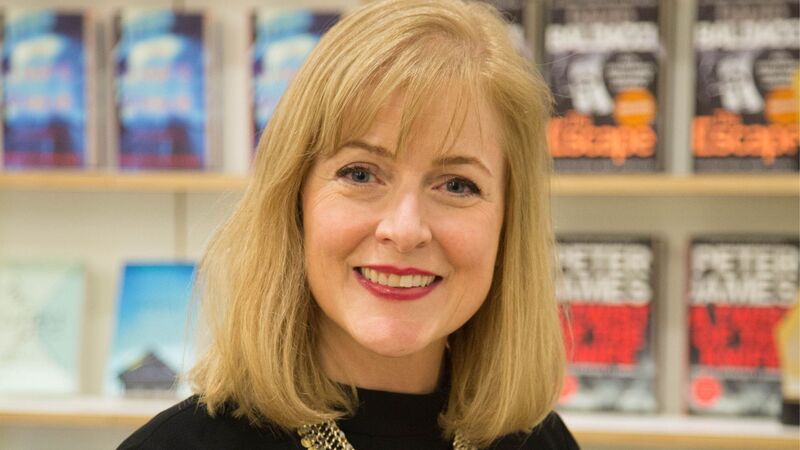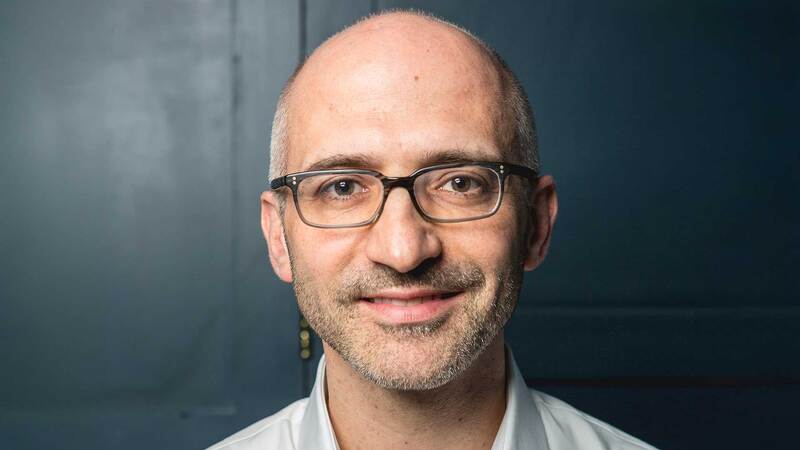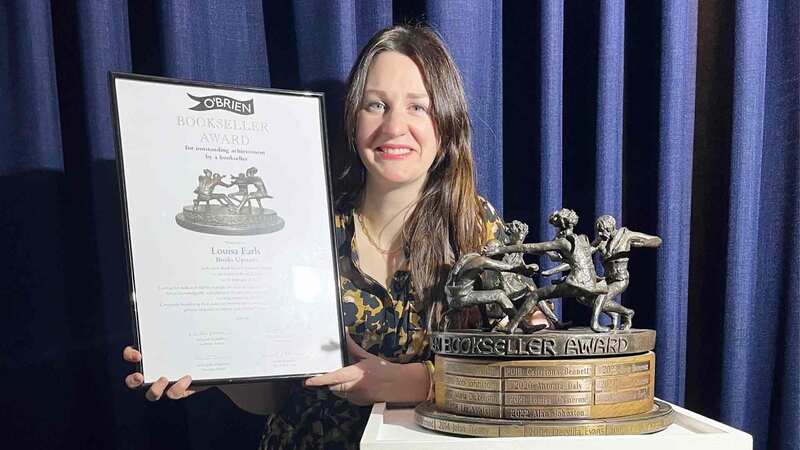You are viewing your 1 free article this month. Login to read more articles.
Q&A: Sam Genever
Sam Genever has won the second annual Joffe Books Prize, set up by the indie to address “the paucity of diverse voices being published in crime fiction”. The winner of the award—for unagented authors from Black, Asian, indigenous and minority ethnic backgrounds—receives a two-book contract with Joffe, a £25,000 audiobook deal with Audible and a £1,000 cash prize. She was raised in South Africa and lived in the UK for many years. She has worked as a fashion industry analyst, travel writer and volunteer English teacher for the UN’s refugee agency. Her winning title, Savage Territory, is set in Johannesburg, where private eye Segert Berger is tasked with finding a woman and her son who have gone on the run. But all is not what it seems…
First, can you just tell me about the Joffe Prize—why you entered in the first place, whether or not you thought you had a shot at winning?
I’ve been a subscriber to a women-led writing quarterly for many years. I had just finished the marathon of writing my book, when the magazine mentioned the prize and I thought it was time to let the world have a go at it. I ticked a lot of the boxes of the competition (I felt), and thought of the old adage that you can’t win the lottery if you don’t get a ticket. I never thought I would win—never in a million years. I was really happy to be shortlisted and told my friends and family that’s it’s good news to get to this stage, but not to get excited about winning, please.
There are obvious benefits of winning a prize and getting a book deal. Are there intangible ones?
It’s great to be recognised for my craft and it’s great to introduce myself as an author. I stopped writing for a while when I was working in the corporate world but I always felt writing was my calling, and I’m glad I’ve made my way back home to it.
And can you introduce Savage Territory to us?
Savage Territory (still the working title) is about a young woman who uncovers a secret and then goes missing, and the detective (Segert Berger) who sets out to find her. The theme for me is what you encounter when you are going out into the world on your own. I wrote this novel for all the young women I met who I didn’t keep track of, didn’t keep in touch with; the ones who made it to be professionals after great sacrifice and kept going against the odds. I wrote it for the ones who made one mistake that came back to bite them. I wrote it because I took so many chances doing new things on my own and really it could’ve gone either way.
Can you tell us your background and how you got into writing in the first place?
I’m from a culture of great storytellers, comedians and masters of suspense. Even watching TV, we made up our own subplots and storylines [to the action on screen]. Everyone had a story to tell and, as I grew up with a speech impediment, my outlet was telling our lives on paper. It was only natural to take storytelling full-length, but it wasn’t easy and many, many times I gave up, thinking I was a fool to think I could do it.
And what attracts you to crime as a genre?
I was raised in a household that had a great love of high literature and crime shows. Crime as a genre was an escape, it quickly resolved a problem in 45 minutes and we looked forward to it. I started reading crime novels around 10 years ago and I devoured them. I probably became quite obsessive after a while: why hadn’t I been reading this all along? Why had this been kept from me? They were there on the bookshelves all along, but I thought I was always supposed to be serious. Then one day I thought, “Why don’t I try writing one?”
Can you tell me about your writing system: how and when do you write?
My writing style is very old-school. I have a playlist, which is a signal that it’s time to start working. I wrote Savage Territory in the midst of raising two little ones. I wrote during nap times, in car parks at drop-offs, on the train to work and in coffee shops. My playlist clears my head of all other competing priorities. I often write by hand in notebooks and transcribe that into a Word document. I read my work aloud a lot. I haven’t yet used writing software, although I might in the future.
Lastly, how would you like to see your writing career develop?
Right now I’m working on the first three books in the series. My aim is to produce the best books I can. From there, I would love to collaborate with another author on a fast-paced crime novel set in an exotic location, as a homage to the great crime books of the past.















